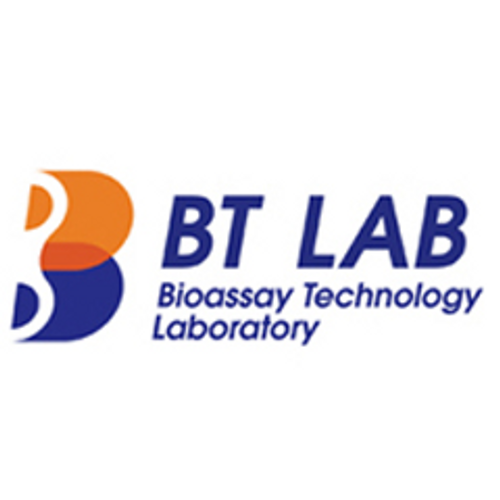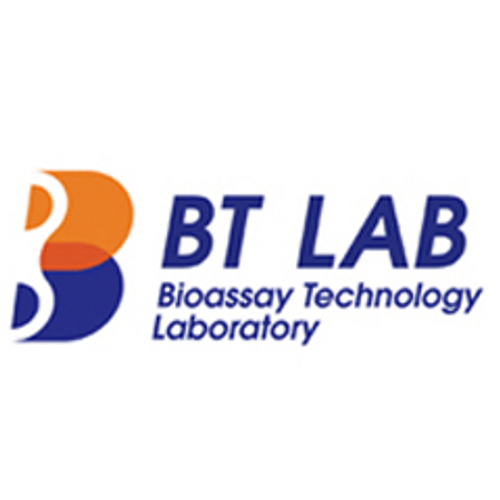Product Description
Human Aldose Reductase (AR) ELISA Kit | AE19344HU | Abebio
Species Reactivity: Human (Homo sapiens)
Abbreviation: AKR1B1
Alternative Name: ADR; ALDR1; ALR2; AR; MGC1804; Lii5-2 CTCL tumor antigen|aldehyde reductase 1|aldo-keto reductase family 1; member B1|aldose reductase|low Km aldose reductase
Application: ELISA
Range: 0.312-20 ng/mL
Sensitivity: 0.113 ng/mL
Intra-Assay: ≤4.7%
Inter-Assay: ≤7.5%
Recovery: 1, 03
Sample Type: Serum, Plasma, Other biological fluids
Detection Method: Sandwich
Analysis Method : Quantitive
Test Principale: This assay employs a two-site sandwich ELISA to quantitate AKR1B1 in samples. An antibody specific for AKR1B1 has been pre-coated onto a microplate. Standards and samples are pipetted into the wells and anyAKR1B1 present is bound by the immobilized antibody. After removing any unbound substances, a biotin-conjugated antibody specific for AKR1B1 is added to the wells. After washing, Streptavidin conjugated Horseradish Peroxidase (HRP) is added to the wells. Following a wash to remove any unbound avidin-enzyme reagent, a substrate solution is added to the wells and color develops in proportion to the amount of AKR1B1 bound in the initial step. The color development is stopped and the intensity of the color is measured.
Product Overview: The androgen receptor (AR) is more than 90 kb long and codes for a protein that has 3 major functional domains: the N-terminal domain, DNA-binding domain, and androgen-binding domain. The protein functions as a steroid-hormone activated transcription factor. Upon binding the hormone ligand, the receptor dissociates from accessory proteins, translocates into the nucleus, dimerizes, and then stimulates transcription of androgen responsive genes. This gene contains 2 polymorphic trinucleotide repeat segments that encode polyglutamine and polyglycine tracts in the N-terminal transactivation domain of its protein. Expansion of the polyglutamine tract causes spinal bulbar muscular atrophy (Kennedy disease) . Mutations in this gene are also associated with complete androgen insensitivity (CAIS) .
Stability: The stability of ELISA kit is determined by the loss rate of activity. The loss rate of this kit is less than 5% within the expiration date under appropriate storage condition. The loss rate was determined by accelerated thermal degradation test. Keep the kit at 37°C for 4 and 7 days, and compare O.D.values of the kit kept at 37°C with that of at recommended temperature. (referring from China Biological Products Standard, which was calculated by the Arrhenius equation. For ELISA kit, 4 days storage at 37°C can be considered as 6 months at 2 - 8°C, which means 7 days at 37°C equaling 12 months at 2 - 8°C) .
 Euro
Euro
 USD
USD
 British Pound
British Pound
 NULL
NULL








